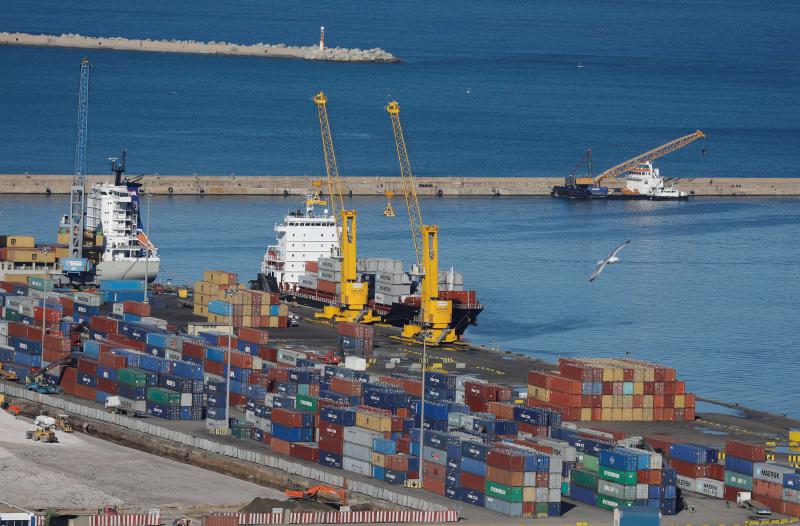
Algeria has recorded a significant reversal in its foreign trade balance, posting a deficit of 269.3 billion dinars in the first quarter of 2025, a stark contrast to the 114.3 billion dinar surplus registered during the same period last year.
The figures, released by the National Statistics Office and reported by Maghreb Émergent, highlight mounting economic challenges facing the North African nation.
The shift stems from diverging trends in imports and exports. Imports surged sharply to 1,787.2 billion dinars in early 2025, up from 1,496.3 billion dinars a year earlier.
Conversely, exports declined nearly 6%, falling from 1,610.6 billion dinars in the first quarter of 2024 to 1,517.9 billion dinars over the same period this year.
This growing trade imbalance underscores Algeria’s ongoing vulnerability to global economic fluctuations and its persistent reliance on imports. The export slowdown is largely attributed to volatile hydrocarbon prices, which continue to weigh heavily on the country’s public finances.
Observers warn that without decisive intervention, the situation could deteriorate further. Stimulating domestic production and diversifying export revenue sources are seen as critical steps toward restoring economic stability. Controlling import levels and boosting non-oil exports are widely regarded as essential levers for rebalancing the trade deficit in the months ahead.
As Algeria navigates these turbulent economic waters, policymakers face mounting pressure to implement reforms that strengthen the country’s economic resilience and reduce dependence on external markets.



